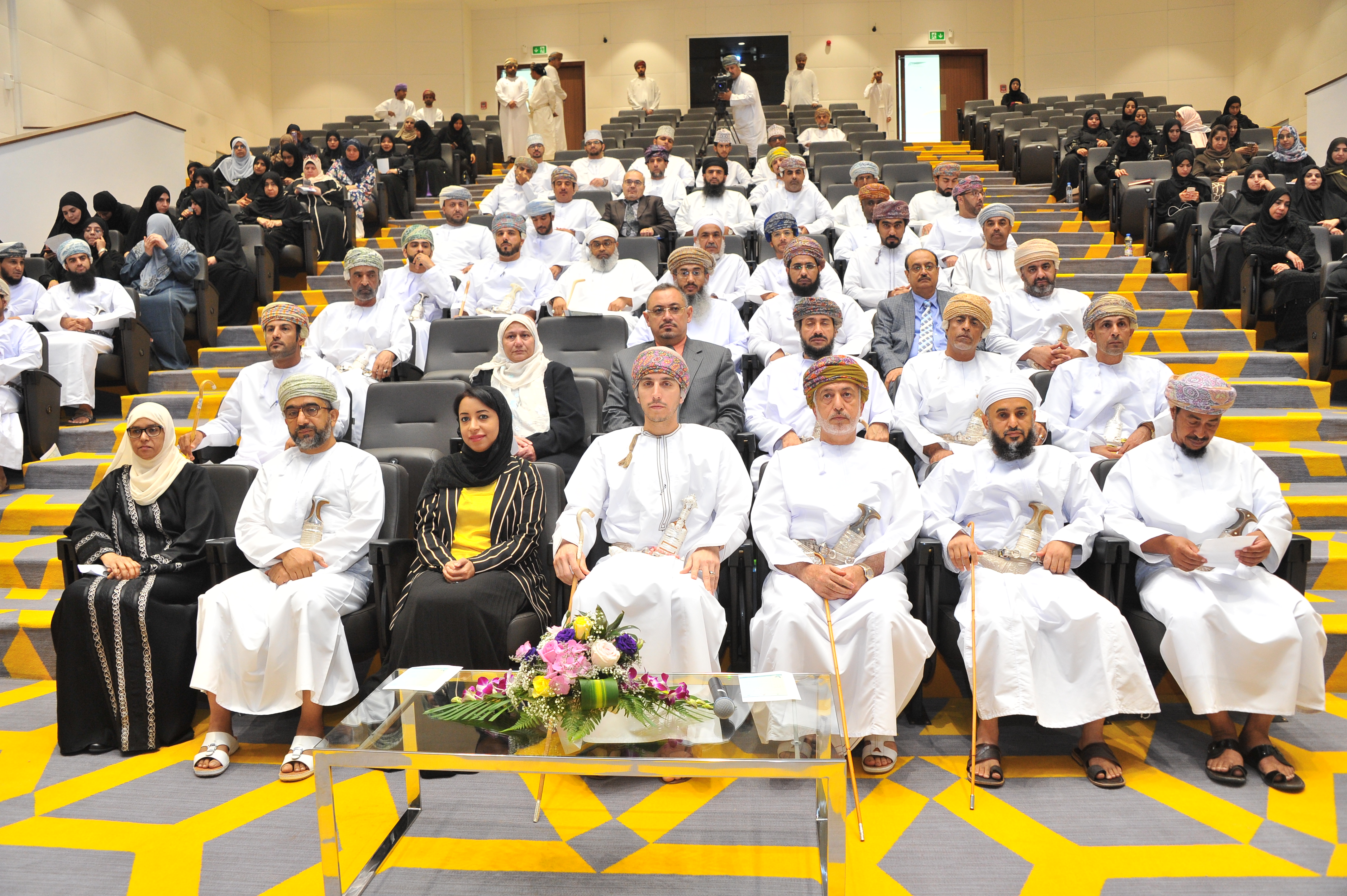

Muscat: The number of marriage cases decreased by 22 per cent between 2013 and 2017, while divorce cases witnessed a rise by 9 per cent during the same period, according to the National Center for Statistics and Information (NCSI).
This was revealed during the launch of marriage guidance plan “Tamasuk” 2019/2020, held in Oman Institute for Oil and Gas, Sultan Qaboos University, under auspices of Sayyid Kamil bin
Fahad al Said, Assistant Secretary-General of the Deputy Prime Minster Office for Cabinet Affairs and presence of Shaikh Mohammed bin Said al Kalbani, Minister of Social Development, as well as a number of high-profile officials, judges and representatives of government agencies, private sector and NGOs.
Tamasuk, meaning unity or cohesion in Arabic, started in 2014 by the Ministry. It is a specialized programme to guide the newly married by leading a group of qualified specialists in quality courses. Officials from MoSD confirmed that the number of beneficiaries, until the beginning of 2019, reached more than 20 thousand cases of newlyweds from various governorates of the Sultanate.
Speaking to the media, patron of the event commented that marital life is a joint responsibility between spouses saying “there are many elements that lead to the success of married life like love, respect and trust. If these elements found, marital life will be successful and stable and that would reflect on their children, builders of this nations, positively”. He confirmed that pre-marital
medical examination is important to avoid many genetic diseases that have a lot of negative consequences.
Delivering the Ministry’s speech, Dr Yahya bin Mohammed al Hinai, Director General for Family Development at MoSD, said that “family is the basis of society. We cannot achieve stability in
society without the existence of coherent families able to meet the various challenges. In fact, Family cohesion has very important results not only at the level of the family itself, but at the level communities and states. That is because the individual that arises in a solid family, would be characterized with positive values and productivity. Therefore, he would maintain the cohesion of the institution in which he works and initiates solutions to any problems that may occur either in community or his own family”. He indicated that the Ministry adapts many programmes
supporting stability of families including marriage guidance programme with the aim to helping the youth to choose right spouse, prepare them for marriage life, how to achieve stability and happiness as well as achieve marital compatibility, and also train them to solve any marital problems that may occur before, during and after marriage.
He added “since the inauguration of Tamasuk in 2014 until the beginning of this year 2019, a number of 20 thousand cases benefited from the programme”. Wadha bint Salim al Alawi, Assistant Director of Family Counseling Department, presented a visual show reflecting facts about the guidance plan in the Sultanate.
She mentioned that according to NCSI, the number of marriage documents have been declined since 2013. “From 28, 515 thousand marriage documents registred in 2013, there were only 22,284 thousand in 2017, with a decrease amounted to 22 per cent. In contrast, the Sultanate witnessed a rise in divorce cases during the same period by 9 per cent as in 2013 divorce cases were 3,550 thousand, and in 2017 they were to 3,867 thousand cases.
Representing the Ministry of Justice, Dr Abdulamajeed bin Yosuf al Aghbari, Head of Reconciliation and Settlement Committee in Seeb, talked about the beginning of the reconciliation committees. “These committees were formed as per royal Decree No 98/2005 and came into effect in 2006. They aim at solving families’ disputes in a friendly, lovely atmosphere. Until October
2018, 89 per cent of the applications attended by the parties ended in reconciliation”.
Oman Observer is now on the WhatsApp channel. Click here



